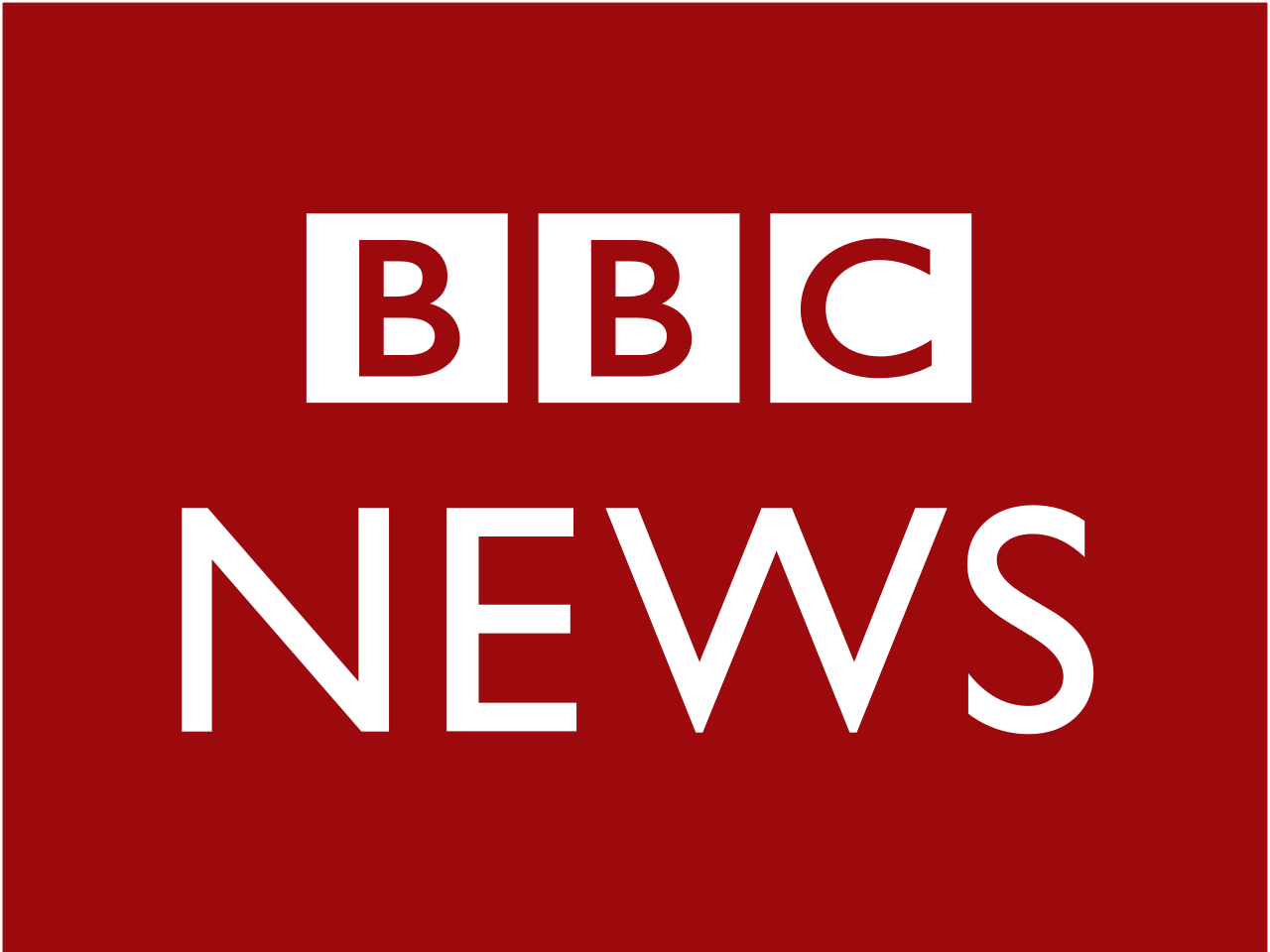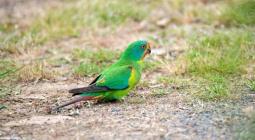Marwell Wildlife using GPS collars to help endangered zebra

Conservationists are using GPS collars in a bid to protect the world's most endangered zebra.
The experts from Marwell Wildlife, in Winchester, Hampshire, will use the technology to monitor 20 Grevy's zebra in Northern Kenya.
The project, in collaboration with Kenya Wildlife Service and the Grevy's Zebra Trust, will track the animals for one year.
The data will be used to inform planning and conservation decisions.
The Grevy's zebra is one of the rarest equids in the world and can only be found in northern Kenya and isolated groups in Ethiopia.
The GPS collar project comes as plans are under way to develop Eastern Africa's most ambitious infrastructure project, which forms part of Kenya's growth and development plan.
Named the LAPSSET (Lamu Port-South Sudan-Ethiopia Transport) corridor, the development will bring together Kenya, Ethiopia and South Sudan, and includes large infrastructure such as an oil pipeline, a motorway and a railway, which will cut directly across core Grevy's zebra range in northern Kenya.
These infrastructure projects are recognised as one of the greatest emerging threats to the Grevy's zebra population in Kenya, Marwell Wildlife said.
Prof Philip Riordan, Marwell Wildlife's director of conservation, said: "The Grevy's zebra is one of the most endangered mammals in the world and Kenya is the last stronghold for this species with less than 3,000 animals remaining.
"We're working with our colleagues to ensure we have as much knowledge about Grevy's zebra, particularly given the amount of infrastructure and development across the region that might affect the animals.
"By collaring them, we hope to gain more insights that can inform not just our conservation work but the mitigations that we might advise being put in place to ensure this species has a future."









